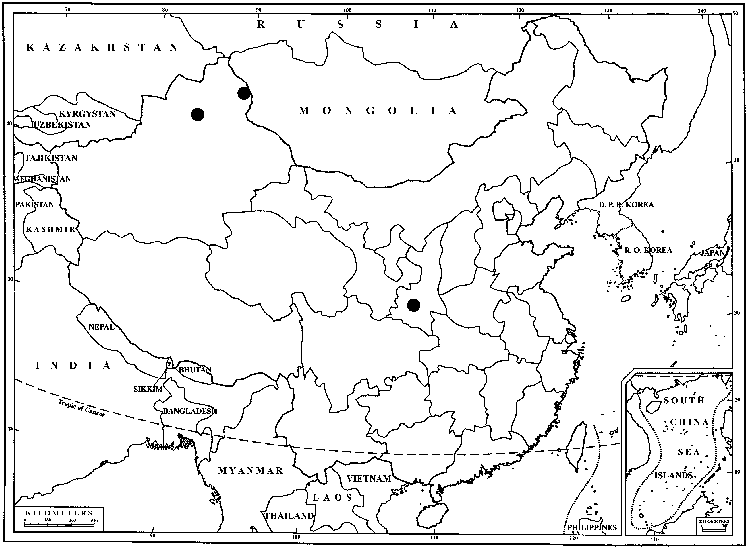Difference between revisions of "Syntrichia princeps"
J. Proc. Linn. Soc., Bot., suppl. 1: 39. 1859,.
FNA>Volume Importer |
imported>Volume Importer |
||
| Line 49: | Line 49: | ||
|publication year= | |publication year= | ||
|special status= | |special status= | ||
| − | |source xml=https:// | + | |source xml=https://bibilujan@bitbucket.org/aafc-mbb/fna-data-curation.git/src/bb6b7e3a7de7d3b7888a1ad48c7fd8f5c722d8d6/coarse_grained_fna_xml/V27/V27_914.xml |
|subfamily=Pottiaceae subfam. Pottioideae | |subfamily=Pottiaceae subfam. Pottioideae | ||
|genus=Syntrichia | |genus=Syntrichia | ||
Revision as of 22:37, 27 May 2020
Stems 5–20 mm. Leaves usually in distinct whorls, infolded, somewhat contorted, and weakly to strongly twisted around the stem when dry, wide-spreading to slightly recurved when moist, concave, spatulate, 2–4 × 1–1.5 mm; margins revolute in the proximal 1/2–3/4, entire; apices acute or sometimes truncate; costa excurrent into a long, serrate, hyaline awn (reddish at base), often strongly papillose abaxially and serrulate near the apex because of projecting cell ends, red; basal cells abruptly differentiated, long-rectangular, 45–80 × 20–30 µm, short-rectangular to quadrate at the margins; distal cells quadrate to hexagonal, 12–17 µm, slightly bulging, bearing 4–6 papillae per cell. Specialized asexual reproduction absent. Sexual condition synoicous (apparently rarely dioicous). Seta red, 10–18 mm. Capsule brownish red, 3–4 mm, slightly curved, with a distinct neck; operculum 1.5–2 mm, brown; peristome ca. 1.5 mm, the distal divisions twisted about 2 turns, red, the basal membrane white, 1/2–2/3 the total length. Spores 9–13 µm, papillose.
Habitat: Humus, soil, rock, tree bark
Elevation: low to moderate elevations
Distribution

B.C., Ariz., Calif., Idaho, Mont., Nev., Oreg., Utah, Wash., Mexico, w, s South America, Europe, w Asia, Africa, Pacific Islands (Hawaii, New Zealand), Australia, Antarctica.
Discussion
The synoicous condition of Syntrichia princeps is diagnostic if present, but otherwise one must rely on wider basal leaf cells, costal hydroids, and the stem central strand to separate this species from S. ruralis, S. papillosissima, and S. norvegica. The more acute leaves with cells generally smaller, and costa reddish and serrulate separate it from S. obtusissima.
Selected References
None.